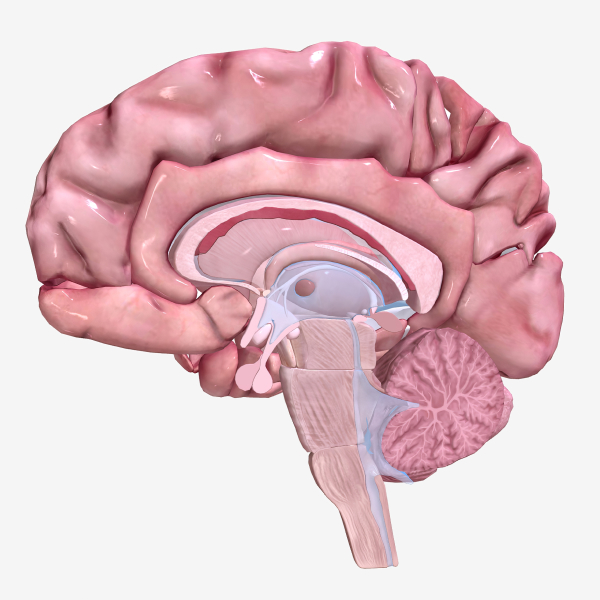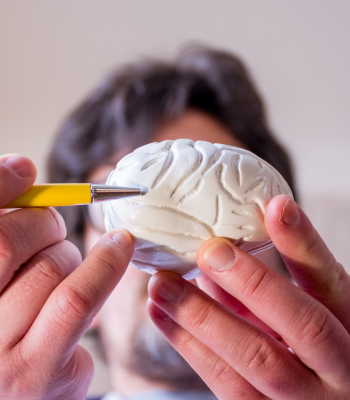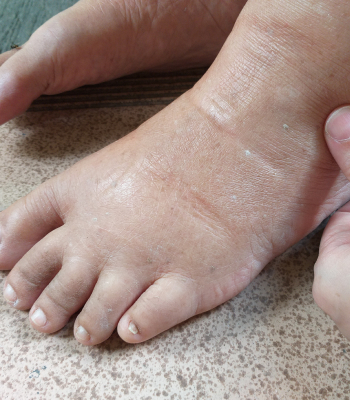Overview:
Pituitary adenomas occur at the base of the brain. They are primarily hormone-secreting or non-functioning benign tumours such as:
- Prolactin-secreting adenomas such as Prolactinomas including microadenoma and macroadenoma. These adenomas cause high levels of prolactin.
- ACTH-secreting tumours causing excess cortisol, known as Cushing’s Disease
- Thyrotropin-secreting tumours that increase thyroid production.
- Silent ACTH-secreting tumours, non-functioning tumours or gonadotroph adenomas are not hormonal. However, they cause symptoms by impacting adjacent structures.










